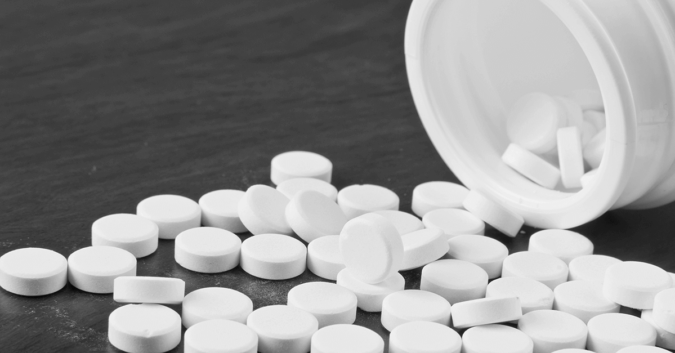On July 26, 2019, the U.S. Food and Drug Administration (FDA) issued an official safety communication requiring a boxed health warning to be included on labels of Pfzier Inc. drugs Xeljanz® and Xeljanz XR® (tofacitinib), 2 sister drugs used to treat patients with arthritis and ulcerative colitis.
The FDA warns that patients could experience a higher risk of blood clots or death if they are taking 10-milligram doses of either of these medications twice a day.
In its communication, the FDA also stated that it will restrict the approved use of Xeljanz and Xeljanz XR to treat ulcerative colitis in patients who only have limited options. This includes patients who have not been treated effectively or have experienced adverse side effects using other ulcerative colitis medications. In its statement, the FDA noted:
“We approved these changes, including adding our most prominent Boxed Warning, after reviewing interim data from an ongoing safety clinical trial of tofacitinib in patients with rheumatoid arthritis (RA) that examined a lower and this higher dose of the medicine.”
According to its safety communication, a 10-milligram dose twice daily is not approved for patients who have either psoriatic arthritis (PsA) or rheumatoid arthritis (RA) — and both Pfizer and the FDA have noted that the drug at a 10-mg dosage should not be used to treat those illnesses. Instead, it can only be used in lower dosages for patients with moderately active to severe PsA, RA, or ulcerative colitis.
How Does Xeljanz Work?
Xeljanz and Xeljanz XR work by lowering the activity in a patient’s immune system. A less-active immune system can, in turn, lessen some of the side effects of ulcerative colitis, including frequent recurring diarrhea, abdominal pain and discomfort, and tenesmus — a condition that causes a person feel like they constantly need to have bowel movements. The disease can be treated, but not cured.
In 2012, when the FDA first approved the use of these drugs, it required additional post-market clinical trials on patients using the drug for RA. The trials were ordered to assess any increased risk for infections, heart-related events, and cancer.
In examining the interim results from this study, the FDA found an increased occurrence of both blood clots and death for patients who were treated with 10 mg of tofacitinib two times per day. These adverse results for this subset of individuals were noticeably higher than those patients who, in the trial, were treated with the same medications but at a 5-mg dosage twice daily.
Pfizer Inc, the drugmaker of Xeljanz and Xeljanz XR, released a statement from Chief Medical Officer Tamas Koncz, stating, “Pfizer remains confident in the benefit [and] risk profile of Xeljanz.” Koncz noted that across the globe, over 208,000 adults have been prescribed the medication.
Xeljanz, which now may be considered a more dangerous drug than previously thought, is one of Pfizer’s highest-grossing drugs. According to the Wall Street Journal, in 2018 alone, the drug accounted for $1.77 Billion of the company’s $53.65 Billion in revenue.
What Should Ulcerative Colitis, PsA, and RA Patients Do?
If a person is using tofacitinib, they should talk with their health care professionals immediately, especially if they have a history of heart problems or blood clots.
The FDA recommends that patients who experience any unusual symptoms speak with their health care professionals and not stop taking tofacitinib without doctor approval, as doing so can worsen conditions. If a patient experiences any serious, life-threatening symptoms, they should seek immediate medical attention. Such symptoms are associated with thrombosis, and can include:
- Sudden shortness of breath
- Chest pain that worsens with breathing
- Swelling of limbs
- Pain or tenderness in legs
- Redness or discoloration in skin associated with a swollen leg or arm.
The FDA asks that any adverse events associated with the use of Xeljanz and Zeljanz XR be reported to the MedWatch Voluntary Reporting Program.
You may complete and submit such a report to the MedWatch Program here.
Or, contact us to learn more about your legal options.
All brands are trademarks of their respective companies.
